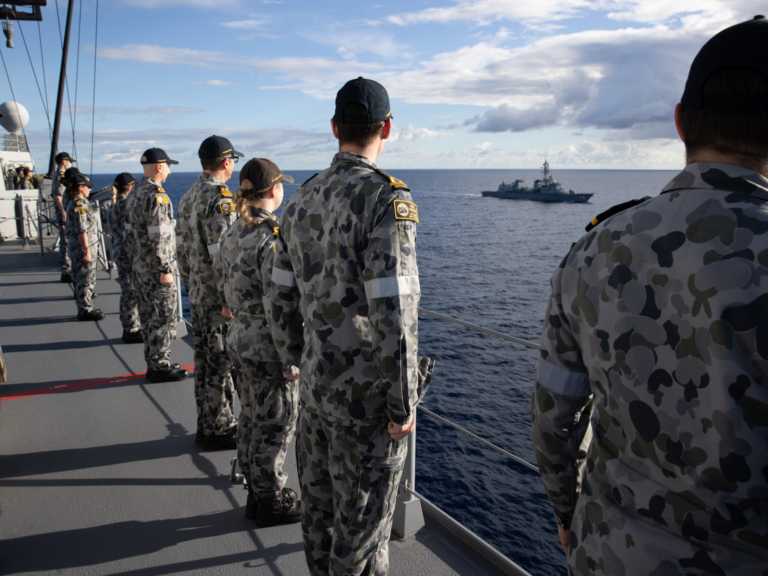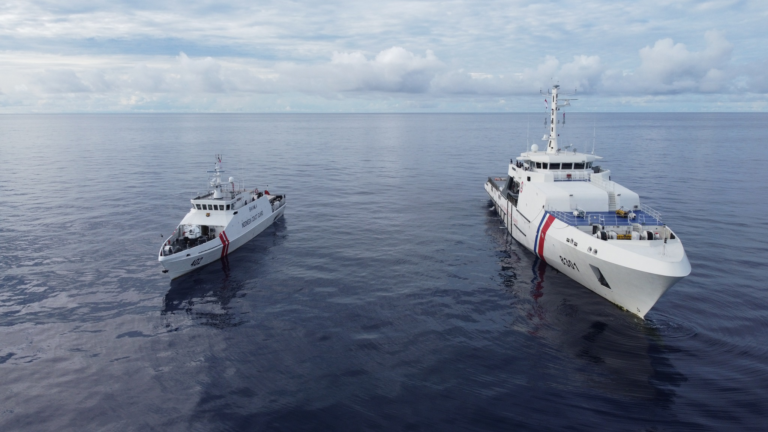
Indonesia has expanded its strategic reserve component, Komponen Cadangan (Komcad), to incorporate civil servants and government contract workers into structured military training. Launched in July 2025, the initiative represents a significant evolution of Indonesia’s Total Defense framework, which is designed to integrate civilian capacities into national defense readiness.
Officials including Defense Minister Sjafrie Sjamsoeddin and Rear Adm. Sri Yanto, director general of defense potential, heralded the expansion as a demonstration of Jakarta’s commitment to building a robust national defense system.
According to Defense Ministry analyst Pudji Astuti, the expansion aligns with Indonesia’s 2019 National Resource Management for State Defense Law, which codifies Komcad as part of a tripartite defense structure with the main and supporting components.
Integrating civil servants into Komcad is designed to enhance Indonesia’s resilience in the face of hybrid threats, according to Khairul Fahmi, co-founder of Indonesia’s Institute for Security and Strategic Studies in Surabaya. “Through Komcad, civil servants play an active role in fostering a culture of national defense within the bureaucracy, promoting cross-sectoral synergy in safeguarding national sovereignty and resilience,” Fahmi told FORUM.
Komcad training is adapted to a participant’s professional experience, allowing civil servants with expertise in areas such as information technology, logistics and health care to be assigned to support functions. “Training still guarantees military readiness standards but can be adjusted to the background of participants,” Fahmi said.
The three-month training includes military discipline, survival skills and command structure. During training or mobilization, civil servants receive stipends, health care, equipment and other allowances. Nonmaterial incentives such as enhanced discipline and career development are promoted to encourage participation.
The initiative seeks to bring civil and military institutions into closer alignment in the face of threats such as cyberwarfare, information manipulation campaigns and natural disasters.
Indonesia’s approach mirrors regional moves toward whole-of-society defense. Taiwan, for instance, has incorporated urban civilian drills to its annual Han Kuang military exercises, training reservists and disaster response volunteers for wartime scenarios. Likewise, Singapore’s Total Defence model engages civilians through civil, psychological and digital defense, reinforced by programs such as the Singapore Armed Forces Volunteer Corps.
Such personnel can serve as critical links between military forces and civil institutions during crises, Astuti said, including by bridging organizational differences and accelerating joint responses.
Civilian involvement is vital for Indonesia’s long-term defense posture, said Teuku Rezasyah, an international relations lecturer at Padjadjaran University. “They are not military personnel, but they have military capabilities, [and] they can quickly adapt to civilian and military situations,” he told FORUM. “This mechanism is one way to prepare Indonesia’s top-tier human capital.”





